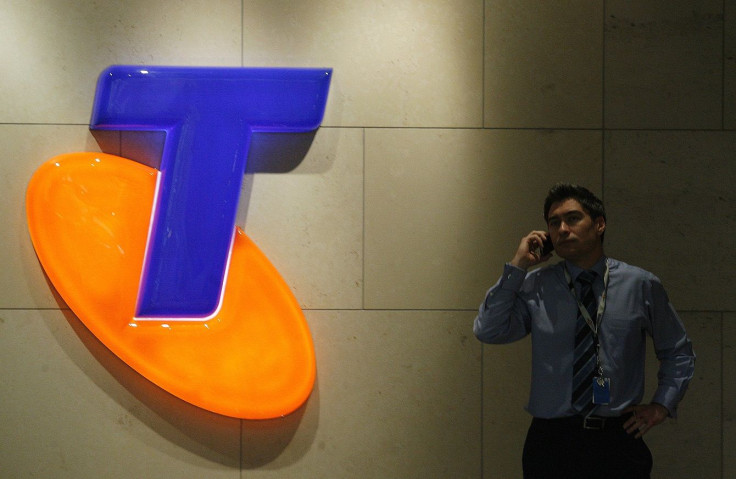Australia's landline access scheme proposed to end

The federal government’s productivity commission has issued a report calling for the Telecommunications Universal Service Obligation, which ensures every Australian has access to landline, to end by 2020. It argued that $3 billion over 20 years initiative is “anachronistic and costly.”
The report states that developments in telecommunications technology are changing people’s lives. "The growing demand for ubiquitous digital connectivity provides a strong case for reform that reflects evolving policy, market and technological realities,” it reads.
The Productivity Commission pointed at the "sizable public investment" in NBN infrastructure that would provide access to high-speed broadband across Australia by 2020. It said that NBN is designed to narrow the city-country digital gap.
Furthermore, the report stresses Aussies obtaining good services from mobile networks. It notes more than 99 percent of people have access to mobile telephony.
The commission added that for over 99 percent of premises, NBN and mobile networks are likely to meet or even surpass minimum standards for delivery. Since this is expected to be the case, it suggests the TUSO can be terminated when the NBN is fully rolled out.
Vodafone reacts
Vodafone was quick to react about the news, urging "immediate action" by the federal government to guarantee regional Australia has access to voice and broadband. The telco’s chief strategy officer Dan Lloyd said that findings are the “the final nail in the coffin” for the existing USO model that provides nearly 300 million in public and industry funding annually to Telstra.
"Regional Australia deserves better,” Gizmodo quotes him as saying. Over the past years, calls for USO changes have been growing louder and stronger.
Lloyd has said that change is now urgent, adding that the final report is a confirmation that it is all over for the USO, and the switch to a 21st century framework has to start now as nearly $1 million is “going into a black hole,” a huge sum of money that could be delivering real benefits for regional Australia. According to Lloyd, the report underlines a lack of transparency, accountability and controls around the arrangement.
Lloyd pointed out that it is not acceptable to taxpayers and to other parts of the industry that contribute millions of dollars per year to the scheme. He added the Regional Australia could no longer afford to have more time wasted with the report “sitting on a desk in Canberra gathering dust.” He also maintained the time for debates is over.
Read More:
Melbourne at risk of becoming 'Australia's most unliveable city'
CBA rolls out new app that allows Aussie kids to manage their own money
ABC News (Australia)/YouTube




















